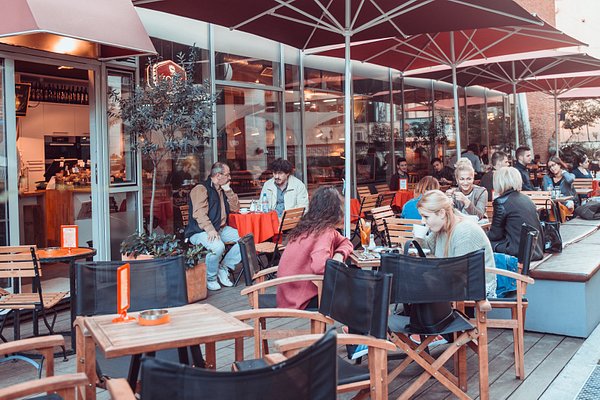Coffee culture booms in Albania as bar-cafés outnumber doctors and police

The humble “bar-kafe” has quietly become Albania’s most dominant small business—and perhaps the country’s most visible sign of self-employment. With over 15,000 active cafés nationwide, Albanians are now more likely to open a coffee shop than enter careers in medicine or law enforcement.
Why is this important: Bar-cafés have become an economic and social institution across Albania, serving not just as places for coffee and conversation but also as informal offices, meeting venues, and hiring hubs. In the past three years alone, more than 4,600 new café businesses have opened, and in 2024, 1,751 people registered as self-employed through café ventures.
Context: According to the General Directorate of Taxes, Tirana leads the pack with 629 new bar-café businesses added in the last three years—more than some entire regions combined. The widespread appeal is aided by a favorable tax scheme: businesses with an annual turnover of up to 14 million lekë (about €135,000) pay 0% income tax.
While many cafés close within the first year due to heavy competition, the model remains attractive as a low-barrier entry into entrepreneurship, especially for families.
The numbers:
Total cafés in Albania: 15,348
Ratio: 1 café per 154 residents
Police force: 11,300 officers (1 per 209 residents)
Doctors: ~6,000 (1 per 393 residents)
The café boom reflects both a cultural staple and an economic trend—Albania is a coffee-loving society with an underdeveloped labor market, making self-employment through cafés a logical, if often unstable, path forward.
What’s next: With the summer season expected to increase foot traffic and consumption, questions remain whether this growth is sustainable or if the café economy risks becoming oversaturated. For now, though, coffee remains king on Albania’s urban and rural street corners alike.


